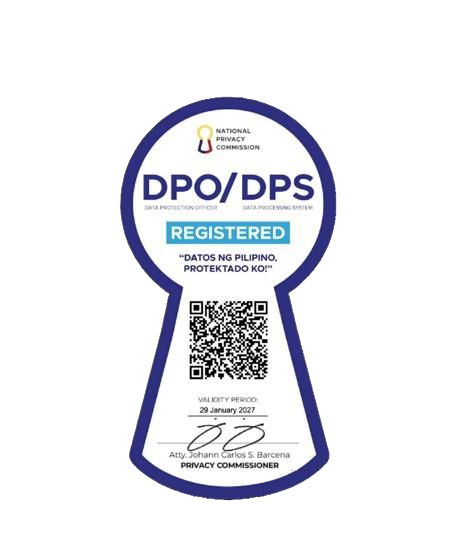Navigating the landscape of business loans in the Philippines can be a daunting task for business owners looking for capital to grow their business. Understanding the types of loans available, eligibility criteria, documentation requirements, and application processes is crucial for securing the right financial support. This comprehensive guide aims to demystify these elements, providing a clear pathway for Filipino entrepreneurs to access the necessary funding to fuel their business growth.
Types of Business Loans in the Philippines
Business loans in the Philippines come in various forms, each designed to meet different financial needs and business stages. The most common types include:
- Term Loans: Traditional loans offered by banks and financial institutions, providing a lump sum of money to be repaid with interest over a fixed period.
- Lines of Credit: Flexible financing options where businesses are given access to a specific amount of funds that can be drawn upon as needed.
- SME Loans: Loans specifically dedicated to Small and Medium Enterprises (SMEs), these loans often come with more favorable terms and lower interest rates to support smaller businesses.
- Microloans: Designed for microenterprises, these loans offer smaller amounts with shorter repayment terms, often provided by micro-finance institutions.
- Equipment Financing: Loans specifically intended for the purchase of business equipment, where the equipment itself often serves as collateral.
- Agricultural Loans: Offered to support the agricultural sector, these loans are tailored to the unique needs of farmers and agribusinesses.
- Invoice Financing: Designed to enable businesses turn the cash held up in their receivables into liquid, useable capital for their business.
- Revenue Advances: Designed for seasonable businesses who want to gear up for the big season with additional inventory and personnel to optimize for incoming demand.
Eligibility Criteria
Eligibility criteria for business loans in the Philippines can vary significantly depending on the lender and the type of loan. A lot people complain about access to capital as banks are hesitant to lend unsecured, and also to younger businesses. Common criteria include:
- Business Age: Many lenders require businesses to have been operational for at least 1-2 years.
- Financial Health: Demonstrated profitability and a stable cash flow are often key considerations.
- Credit History: A good credit history is crucial for securing a loan, including both the business's and the business owner's credit scores.
- Collateral: Depending on the loan type, collateral might be required to secure the loan.
- Relationship: Having someone you know vouch for you is incredible helpful in the Philippines.
.png)
Required Documentation
Preparation is key when applying for a business loan, as all lenders usually want to see a few key items. The following documents are commonly required:
- Business Registration Documents: Proof of business registration with the Department of Trade and Industry (DTI) or the Securities and Exchange Commission (SEC).
- Financial Statements: Financial statements for the last two years, including income statements, balance sheets, and cash flow statements.
- Bank Statements: Business bank statements to show proof of income.
- Business Plan: A detailed business plan outlining the business model, market analysis, and financial projections.
- Collateral Documentation: Documents related to any assets offered as collateral.
Application Process
The application process for a business loan in the Philippines typically involves the following steps:
- Research and Comparison: Start by researching various lenders and loan products to find the best fit for your business needs.
- Preparation of Documents: Gather all the required documentation. Typically the lender will have the required documents on the website, or they will reach out to you once you submit your contact information.
- Loan Application Submission: Submit the loan application along with all necessary documents to the chosen lender.
- Evaluation and Approval: The lender will evaluate your application, which usually include a site visit and interviews. If approved, loan terms will be discussed and finalized.
- Loan Disbursement: Upon agreement on the terms, the loan will be disbursed, and you can begin utilizing the funds for your business needs.
Conclusion
Securing a business loan in the Philippines is getting easier than ever before as more and more private lenders enter the market. Banks are still way behind in providing financing access to the majority of the country's businesses.
By understanding the types of loans available, meeting the eligibility criteria, preparing the necessary documentation, and navigating the application process, Pinoy business owners can increase their chances of securing the financial support they need.














